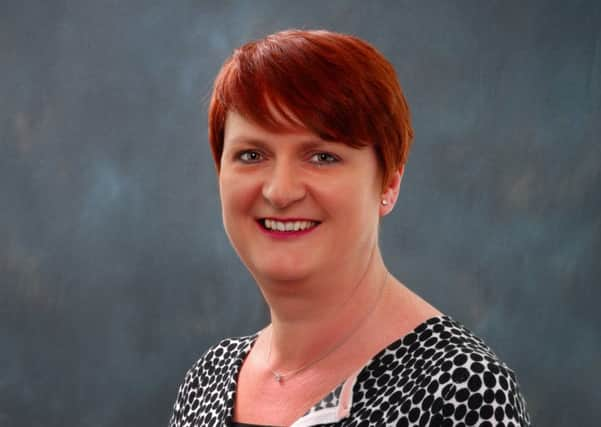Seek support as part of Eating Disorder week


The national awareness week which is taking place from February 27 until March 5 is led by charity B-eat and this year is focusing on early intervention, being that the earlier someone can enter treatment for an eating disorder, the greater their chance of recovery.
Eating disorders are serious mental illnesses affecting 725,000 men and women of all ages and backgrounds in the UK.
Advertisement
Hide AdAdvertisement
Hide AdLancashire Care’s Eating Disorder service provides community support for people with complex presentations of eating disorders from age 16 upwards, and ensures smooth transition into the service from CAMHS for those approaching their 16th birthday.
From April 1, 2017, the service will become ageless, accepting referrals for children and young people from across the county, as well as adults.
The team includes; specialist nurses, GP, clinical psychologists and dietician.
The team offers support with psychological therapy and management of physical health issues associated with eating disorders. Interventions provided include; assessment, care planning and physical monitoring, 1:1 and group therapy, 1:1 dietetics and supported meal groups and systemic family therapy.
Types of eating disorders include:
Anorexia
Bulimia
Binge eating disorder (BED)
Emotional overeating
Eating Disorder Not Otherwise Specified (EDNOS)
Disordered eating / eating problems
Advertisement
Hide AdAdvertisement
Hide AdLisa Moorhouse, Mental Health Network Director at Lancashire Care NHS Foundation Trust explains why it’s important for people to seek help for an eating disorder: “Anybody can develop an eating disorder and so it is really important that we educate people around the illness so that they’re equipped to seek help either for themselves or for someone around them that is suffering.
“This year’s campaign is focusing on early intervention, as part of this we want people in Lancashire to be able to recognise the signs of these illnesses in order to improve and speed up the chance of recovery. Those suffering with an eating disorder may be experiencing low self-esteem, problems with friends or family relationships or problems at school or work. They can start to use food to help them cope with painful situations or feelings without even realising it.
“Our service is dedicated to working with individuals affected by an eating disorder to provide a tailored plan of support and care to ensure they receive the very best care for them with a great outcome.”
If you are concerned about the habits of someone you know, or if you are a carer for someone living with an eating disorder you can find more information at www.lancashirecare.nhs.uk/eating-disorders.
People can self-refer in to the service or get a referral from their GPs or another health professional.